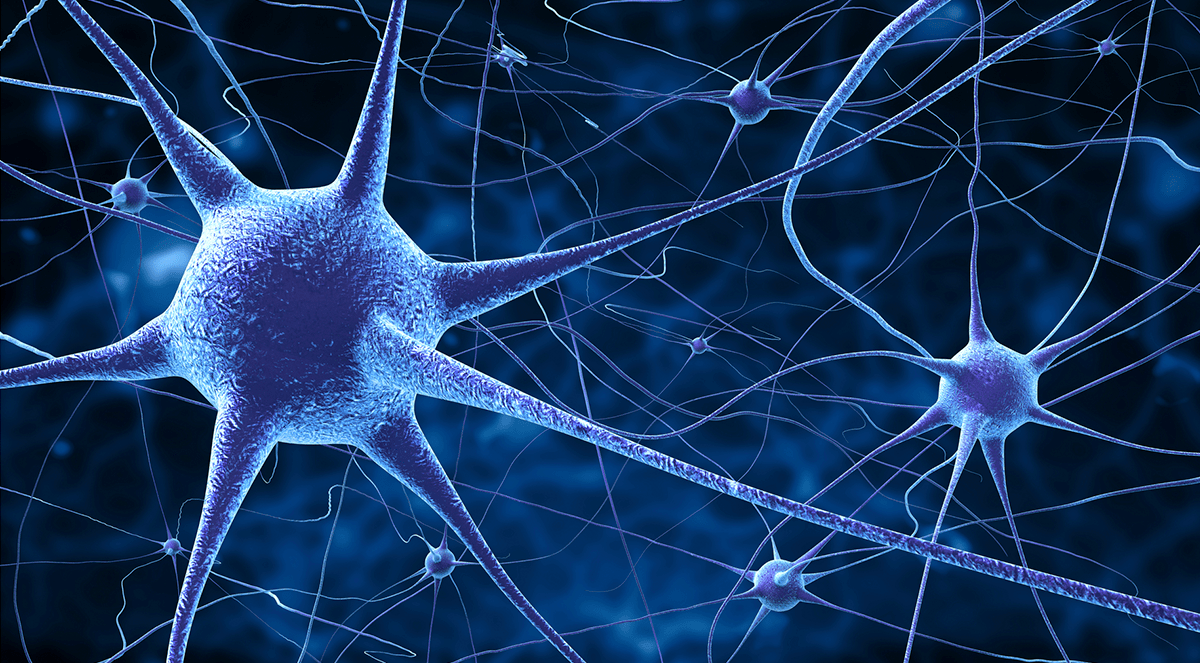Taurine (Tau) is one of the most abundant amino acids in the brain and regulates physiological functions in the central nervous system, including anti-inflammatory effects. There is growing evidence that microglia-mediated neuro-inflammatory responses are an integral part of Parkinson’s disease (PD) onset and progression. Among the many factors regulating the inflammatory response, phosphatidylinositol-3 kinase (PI3K) is susceptible to activation by a variety of cytokines and physicochemical factors, and subsequently recruits signaling proteins containing the pleckstrin homology structural domain to further regulate protein kinase B (AKT) expression involved in the regulation of the intracellular immune response and inflammatory response. Therefore, we established a PD mouse model using paraquat (PQ) intraperitoneal injection staining to explore the mechanism of Tau action on PI3K/AKT signaling pathway. Our study showed that PD mice with Tau intervention recovered motor and non-motor functions to some extent, and the number of dopaminergic (DAc) neurons in the substantia nigra and the level of dopamine (DA) secretion in the striatum were also significantly increased compared with the PQ-dyed group, and the protein content of PI3K and PDK-1 and the phosphorylation level of AKT were reduced in parallel with the reduction in the expression of microglia and related inflammatory factors. In conclusion, our results suggest that Tau may regulate microglia-mediated inflammatory responses through inhibition of the PI3K/AKT pathway in the midbrain of PD mice, thereby reducing DAc neurons damage.© 2021. The Author(s), under exclusive licence to Springer-Verlag GmbH Austria, part of Springer Nature.
Taurine protects dopaminergic neurons in paraquat-induced Parkinson’s disease mouse model through PI3K/Akt signaling pathways.


